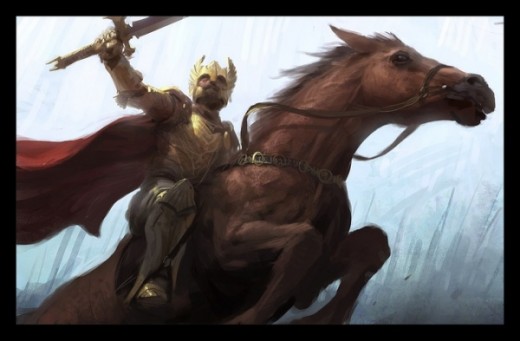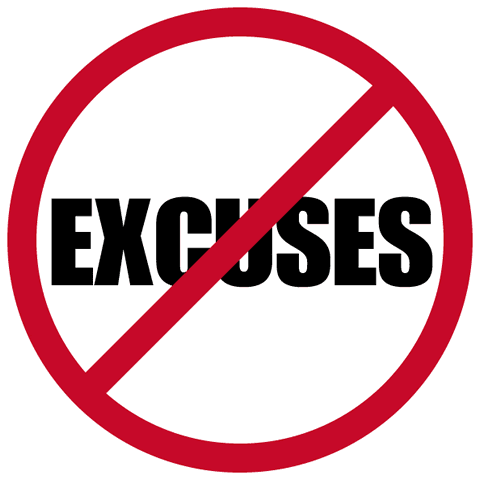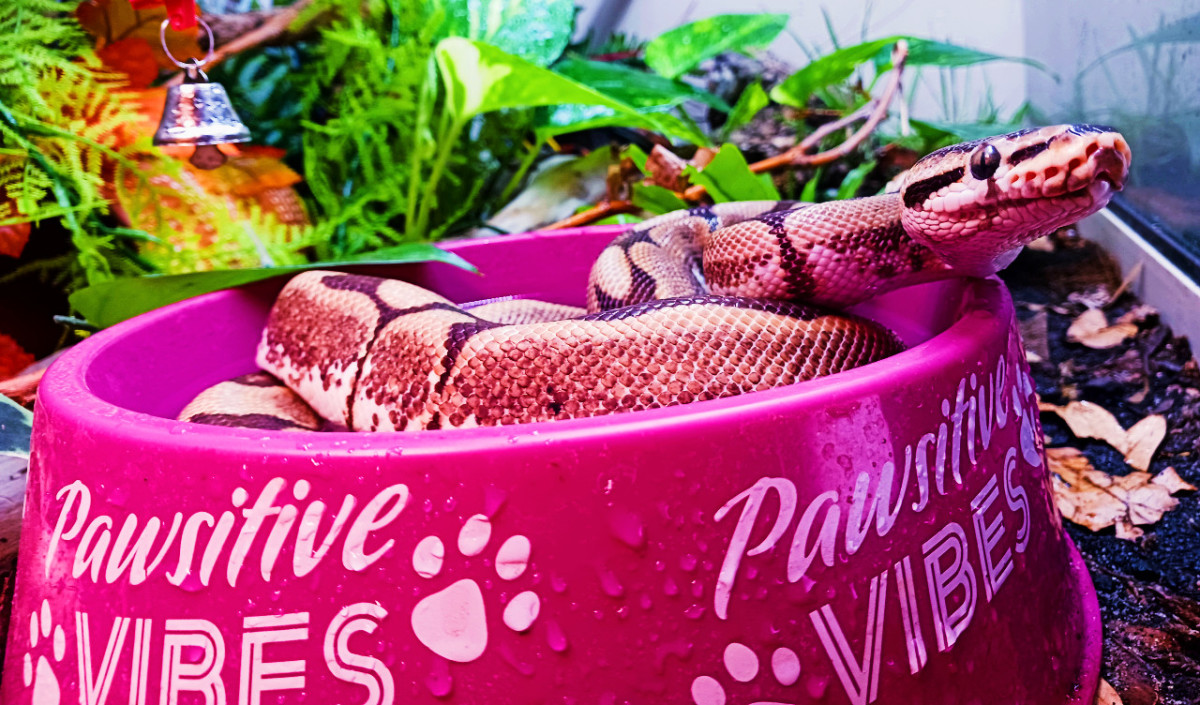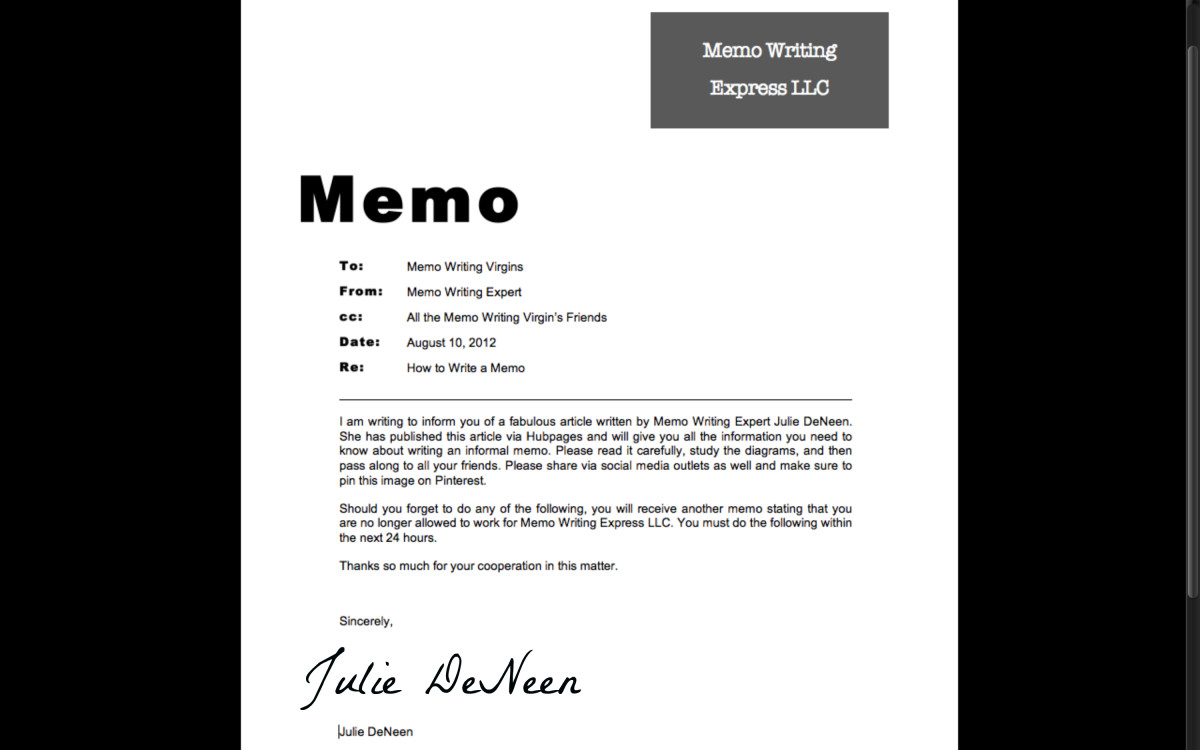How to: Creative Writing Tips 1: Getting Started


Getting Started When Getting Started Isn't Getting You Anywhere
The first installment of the How to: Creative Writing Tips has arrived! This particular subject- "Getting Started When Getting Started Isn't Getting You Anywhere" is not my favorite subject as I find the overall explanation rather boring. Because of that, I almost chose a different matter in which to begin this series. However, it is obviously one of the most important aspects of the Creative Writing process, namely because if you don't start, then you cannot finish! In an effort to make this lesson a bit more conducive and genuine to the sum of what this series professes, I will attempt to avoid the mundane answers and explanations that are most often found circulating this query. With that in mind, I feel compelled to remind my audience that some things in life are just black and white and there is little to expound upon. I share this same creed concerning the topic of grammar- I can tell you the difference between "they're" and "there" and I could write a cute little story explaining the two (And yes I know there is also "their"), but when it comes down to the knowledge base of grammar, it's pretty black and white: either you grasp it, or you do not.
On with it!
Getting Started. Creative writing has always been a great passion of mine. Personally, I have never had much trouble with this particular aspect of the writing process. I am by nature a "right-brained" (explained later in this series) person so I must admit that at first this topic was a bit baffling to me. My students would say things like:
"I just can't think of anything to write about"
"I don't know how to get started"
"I was going to start my novel/poem but I had writer's block"
"I'm sacred that if I get started it will not be good enough"
"I don't know what I'm doing"
"I'm too tired to write/I'll write later"
"If I write and it doesn't get published, I'll feel like a failure"
"If I get a contract then I will be under the pressure of a time line and my story may suffer"
"If it's successful, people will expect the same from my next story"
"What if I write something and no one likes it?"
"I haven’t' the time to write"
The list goes on and on (and on). All of these statements have one affair in common: They are excuses! We all know this, whether we want to admit it to ourselves or not. So far, nothing learned here. Therefore, let's delve a little deeper as to WHY we justify postponing ourselves the privilege of writing and our audience the privilege of reading what our minds can conjure!

The Heart of the Matter
Why do we have these concubines lurking in our psyche? Why, with all our vast knowledge and bureau of writing resources do we deprive ourselves the blissful feeling of freedom that only writing can provide? Why do we deliberately delay the gratification we inherit once we pen the words, "The End"? If you are honest with yourself, you already know the answer, and I can sum it up in one word: Fear. Fear is the fire that boils the cauldron of excuses, and the more excuses we feed to the flame: the more it burns us - hurts us. The more we are hurt, the more excuses we must exercise. It is a vicious cycle that we must stop. But let us delve even deeper... why do we "embrace" this fear?! Why do we often let it best us?
It all boils down (pun intended) to our fear of rejection. Either rejection of ourselves (we won't like what we produce), or we fear rejection from our peers. And... say this part out loud: That. Fear. Is. Valid. I'll write that again- that fear is valid. One MUST internalize this on a grandiose scale. One must understand that THIS fear IS valid. Everyone has it, though not everyone understands or acknowledges it. You, my good and faithful audience, are now keen (if not before) to its' power and the ramifications of cycling through this ill-perceived prophetic notion of rejection. It should be understood that I am not condoning this fear. I am merely stating that rejection is a legitimate fear of writing and therefore one should in no way be ashamed, embarrassed, or disgraced when one catches themselves bowing down before these excuses. But, bow down no more.

Allow us to take up armament and ride into battle together. Allow us to mount our steed of great stature, draw our sword, and with an army of words at our seat -declare war on this fear of rejection! With our faces adorned in steel, and our breasts plated in iron, fear hasn't a brawling chance. Our army of words, and phrases, and metaphors, and similes is the sleeping giant that fear has poked and prodded for the last time. We shall rise at the trumpets song and dash into the pasture of the enemy's lair. Defeat is never an option, and no word shall be left behind. Our defense is impregnable, our words are substantial, and our cause is profoundly honorable. Leading the charge will be the eminent echo of Franklin D. Roosevelt, "... let me assert my firm belief that the only thing we have to fear is fear itself...”
And President Roosevelt is correct still decades later after his famous speech. It isn't the lack of money, it isn't the lack of supplies, it isn't the lack of a contract, it isn't the lack of knowing how to write, and it surely is not the lack of creativity. We must overcome that fear in order to get started in our writing prowess. "But master," the young pupil inquired, "Just how does one overcome the fear of rejection?" And this, grasshopper, is why we are here.
We must face the fear itself and there are several methods in which to do so. A persuasive start is to think of your fear as a tangible object, specifically, as the face of your competitor. Let us conceive this fear as other writers- as other's bestselling novels or poems that knock our beloved scripts out of play. By associating a face with the fear, the fear will manifest itself into motivation. Facing your fear for the first time is always the hardest, but afterwards you are now in familiar territory which makes facing it again a bit easier. This naturally increases your success rate. Inevitably, the more you face it, the more you learn, the more successful you will be.
In order to get started in writing we must overcome these excuses:
1. Recognize that we are making excuses
2. Admit that these excuses are bred from fear
3. Acknowledge that this fear is valid and part of human nature
4. Realize that this fear stems from a deeper fear of rejection
5. Face this dread head on by accepting that with the proper tools we can prevail

Break It Down:
Excuse: "If I don’t get a contract then I won't get paid" This fear plays on the emotion of "I don’t need to write because it won’t pay the bills because I PROBABLY won't get a contract." The core of this is once again a fear of rejection that one might not get a contract. Counter this by acknowledging the following: "If I write and am not under a contract then I can focus on my story and not have to worry about deadlines". Subconsciously, you will presume to think that because it will be a "better" piece, it will more than likely retrieve a contract.
Excuse: "I have a contract and can't get started because my publisher may not like it" This is a fear of rejection from your publisher or editor. Again, a valid fear but let's conquer this. Start by reminding yourself that you have a contract! A contract means that your publisher likes something about you or what you have written and therefore believes in your ability and more importantly, trusts you. Rely on your ability and remind yourself that you are getting paid! The more you begin to trust your own instincts the more you will begin to believe in yourself and the less power any fear will carry over you.
Excuse: "I am not very creative", or “I don't think it will be good enough to get published". This fear is again based solely on the emotion that your work will be rejected because it is not creative enough. Overcome this by telling yourself that whatever you write will be revised, and revised until you love it! And once you love it (because you have good taste), others will love it too! And even if they don't - it doesn't mean squat! And I will prove that at the end of this article.
Excuse: "I can't get started because I have writer's block", or "I don't know what to write about", or "I don't know how to get started". This fear will be talked about more in depth in another article in this series focusing on the phenomenon known as writer's block. But in its' simplest form it is still a fear. Overcome this fear by admitting there is no such thing as writer's block. It is only a fear trying to hold you back. Having a "go-to" list of writing prompts will easily extinguish this fear.
Excuse: "I don’t have time", or "I'm too tired". Barring the reasonable truth that our lives ARE busy and we (literally) may not have the ideal amount of time to dedicate to writing, we must remind ourselves that we are committed to authorship. For If we are sincerely committed to writing then this is truly a fear of convenience. And we are using circumstances to aid the root of this fear which is again: rejection. Think about it- if you KNEW that whatever you wrote was going to become the next best seller, then you would indeed find the time to write! To counter this fear, we must re-commit to writing. A genuine commitment will allow us to dedicate minutes, or hours to our passion regardless of our daily circumstances.
Excuse: "I don't know how to write”. This fear is still a fear of rejection. Assuming the person stating this actually does know how to write, it is reasonable to accept that what they are truthfully declaring is, "I don't know how to write like the authors I read from my book collection", or "I don't know how to rhyme like Poe", or "I don't know how to describe or use imagery". Chances are the person making this statement is, to some degree, telling the truth which gives this fear of rejection a bit more legitimacy. However, "getting started" does still apply but for this particular person, extra steps could be necessary. They not only need to write, but they also need to keep reading literary works, keep learning via classes and workshops, and above all, continually ask for critiques from writers they themselves admire.

Fear of rejection besets us all. It is the most powerful and motivating emotion we can acknowledge. Fear of losing the one we love forever will prompt us to proclaim our passion for that person. Fear of losing out on a great deal will prompt us to make that impulse decision to buy. Fear of rejection will initiate the fight or flight syndrome. Once this fear pops up we must not yield and run away, but rather use the power within to fight and prevail. It is an inevitable truth that we will at some point feel the pangs of rejection and statistically we will get rejected by our peers, our colleagues, our audience, our teachers, our family, our potential publishers, our editors, etc. more than we will receive ovation. Everyone gets rejected. Everyone. Rejection is only empowering if you accept it, and give up. Some of my audience will argue that the really great authors do not get rejected!! And I rebuttal with the following facts:

- Dune by Frank Herbert – 13 rejections
- Harry Potter and the Philosopher’s Stone – 14 rejections
- Auntie Mame by Patrick Dennis – 17 rejections
- Jonathan Livingston Seagull – 18 rejections
- A Wrinkle in Time by Madeline L’Engle – 29 rejections
- Carrie by Stephen King – over 30 rejections
- Gone With the Wind by Margaret Mitchell – 38 rejections
- A Time to Kill by John Grisham – 45 rejections
- Louis L’Amour, author of over 100 western novels – over 300 rejections before publishing his first book
- John Creasy, author of 564 mystery novels – 743 rejections before publishing his first book
- Ray Bradbury, author of over 100 science fiction novels and stories – around 800 rejections before selling his first story
- The Tale of Peter Rabbit by Beatrix Potter – rejected so universally the author decided to self-publish the book
- From rejection slip for George Orwell's Animal Farm:
“It is impossible to sell animal stories in the U.S.A.” - From rejection slip for Norman MacLean’s A River Runs Through It:
“These stories have trees in them.” - From rejection slip for article sent to the San Francisco Examiner to Rudyard Kipling
“I'm sorry, Mr. Kipling, but you just don't know how to use the English language." - From rejection slip for The Diary of Anne Frank: “The girl doesn't, it seems to me, have a special perception or feeling which would lift that book above the curiosity level.”
- Rejection slip for Dr. Seuss’s And To Think That I Saw It on Mulberry Street:
“Too different from other juveniles on the market to warrant its selling.” - Rejection from a Chinese economic journal: “We have read your manuscript with boundless delight. If we were to publish your paper, it would be impossible for us to publish any work of lower standard. And as it is unthinkable that in the next thousand years we shall see its equal, we are, to our regret, compelled to return your divine composition, and to beg you a thousand times to overlook our short sight and timidity.”

Can you imagine!! Most of these books now grace the List of Best Selling Books of All Time! The Harry Potter series held just about every rank in the top 10 best selling novels between 1998-2010! The most poignant point is that these rejections did not thwart the attempts of the authors to publish their work. It did not stop them from believing in their craft. It did not force them to seek employment as a dentist, or lawyer, or brick layer. They kept at it because they are in every sense of the word, a writer.
Just like you.
They have an internal itching to write, to get their ideas and their stories out of their cluttered head and into the physical world for everyone to become a part of. They have a duty, an obligation, a gift, a curse. They have the same passion you have, the same cravings, the same fears, the same tools. And like you, at one time they sat in front of a blank sheet of paper and faced their fears and began to write.
You are a writer. You have been charged with a gift, a talent and a desire. Pick up your pen, exercise your thoughts,- do your deed, and write.
Be sure to bookmark and now head over to Lesson 2: Grammar!
Content copyright 2011 © Robert S. Hutchinson
No guarantees or warranties are made or implied.If you would like to earn $$$ writing, sign up and start earning your very first day!









